Since Season 18’s inclusion of it, Skill-based matchmaking or SBMM has been the hot topic of debate within the withering atmosphere of Destiny 2’s Crucible PvP mode. SBMM is defined as a type of matchmaking that takes relative player skill into consideration first and foremost. Likewise, connection-based matchmaking or CBMM is a kind of matchmaking that prioritizes connection over relative skill. The debate comes from whether one or the other is better when the pros and cons are compared and contrasted. So, follow me as we dive into this debate and discover the case for and against skill-based matchmaking in Destiny 2.
The Case Against SBMM in Destiny 2’s Crucible
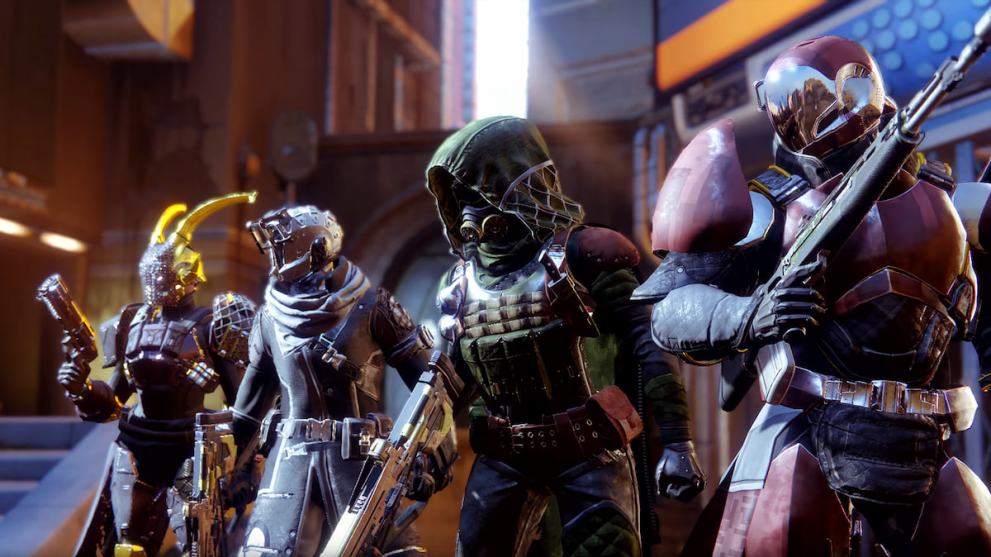
Starting out, a prominent argument against SBMM in the Crucible stems from the idea that each match is consistently too sweaty for long-time Crucible fans. Some have even said that they feel the Control playlist is more competitive than the ranked playlist. It does make sense for there to be certain Crucible playlists that are less competitive. Where PvP Guardians can come in, and just have fun with non-serious builds. However, not every playlist should feel that way. Because without some strict matchmaking, a majority of players are going to suffer at the hands of the very skilled few. I argue that would be even worse.
Part of the mindset that comes with hating SBMM is rooted in Bungie’s previous series, Halo. Now, Halo 2 and 3, specifically, used a simpler form of matchmaking called rank-based matchmaking or RBMM. Players would need to play and win matches in a playlist to rank up that playlist. For example, someone could be ranked 45 out of 50 in Team Slayer but would only be 5 out of 50 in Rumble Pit. It was all separate and simple by design.
The system was fine on the surface, but I would argue the downsides of RBMM outweighed the benefits of that simplicity. Because less than honorable players would lose on purpose to descend down the ranks for an easier time when they decide to climb the ranks again since RBMM doesn’t take into account their skill—only their rank. Additionally, such players would make a new account called a smurf account where starting from rank one again was on purpose and for the easy enjoyment of smashing noobs.
Another alternative to SBMM is called connection-based matchmaking that focuses on making sure every player has a great connection before skill or ranks are involved. This is good for more relaxed playlists, but not for every playlist because the same balance issues would exist. Newer or less skilled players would either be on the giving or receiving end of a complete stomp and that’s not fun for anyone. For the sake of fair competition, some playlists do need to be as fair as possible. After all, sweating can be fun!
Finally, during the Lightfall expansion, Bungie introduced two Crucible playlists that only use connection-based matchmaking to appease those that may not want to always sweat. Those two playlists are the Crucible Relentless Rotator (Clash, Rift, and Zone Control) and Crucible Party Rotator (Mayhem, Scorched, Momentum Control). With these playlists offering a mix of classic team-based modes and less-serious, bombastically alternative gameplay, players shouldn’t have any issues finding less-competitive Crucible modes to goof off in.
The Case For SBMM in Destiny 2’s Crucible
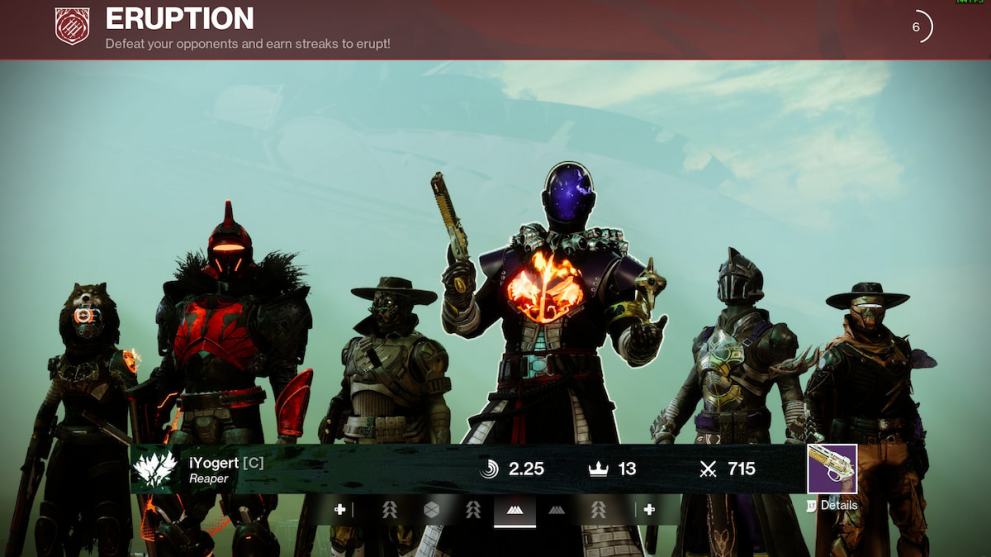
If done right, SBMM has more of a benefit to fair play than any other alternative. This is primarily because Skill-based matchmaking is one of the few things that truly benefits newer and less-experienced players. Think about it, if you were new, or just not very good yet, you wouldn’t want one-sided matches. It doesn’t take many poorly balanced matches before those new or learning players give up on Destiny 2 PvP entirely.
So, for the sake of a growing and thriving PvP community, it makes sense for balance to be as prominent as possible. Additionally, one sided matches tend to promote people leaving on the side being stomped. Now, you could argue that is more of an issue with a lack of deterrents for leaving a match in the first place. But I would argue, a balanced match with both sides going neck and neck is more interesting in the long run and will keep players in the match for longer.
With that said, Bungie has already made further improvements to the backend of their SBMM playlists. Previously, when searching for a match in a SBMM playlist, if there weren’t enough players in your skill bracket, the connection quality bracket would expand in hopes of keeping the skill bracket tight. However, Bungie has changed things to a Loose SBMM, meaning the skill bracket will be the first to widen if there aren’t enough players, making a potentially lower initial connection quality much more uncommon. I think this is a good idea. Matches in SBMM playlists will still feel more balanced on a whole and connections to other players should be stronger than ever.
Beyond that, Bungie‘s inclusion of Fireteam matchmaking is an integration of the previously included separate solo and group matchmaking queues that will only benefit skill-based matchmaking playlists. It ensures that if you’re queueing for Control by yourself, you are up to 70% more likely to get an opposing team made of solo queuers. Likewise, if your fireteam size is four or higher there is an increasingly escalating chance to get an opposing fireteam of similar numbers.
These Fireteam matchmaking changes combined with a more nuanced SBMM system shows Bungie has been putting a lot of thought and effort into making the Crucible as fair and accessible as possible with minimal lag. At the end of the day, skill-based matchmaking is rightfully here to stay in the Crucible’s Control and ranked playlists. If Bungie can continue to refine their matchmaking to take into account even more player performance-centric variables, then skill-based matchmaking will only improve, and the Crucible will prosper all the more for it.

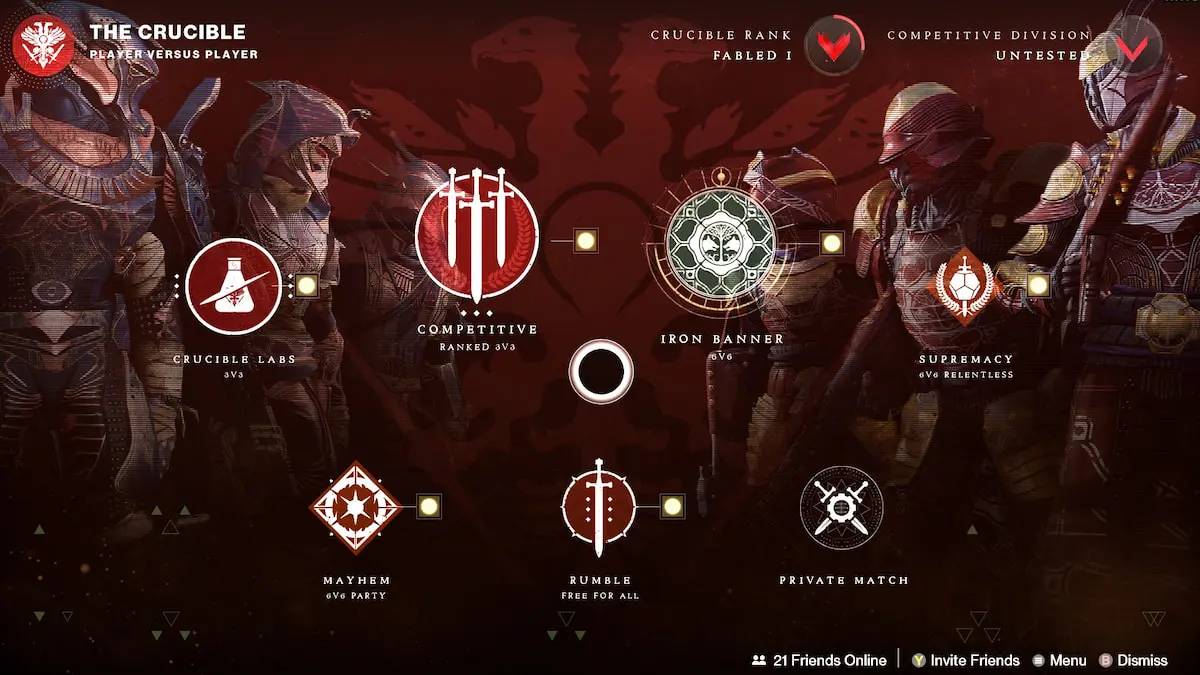
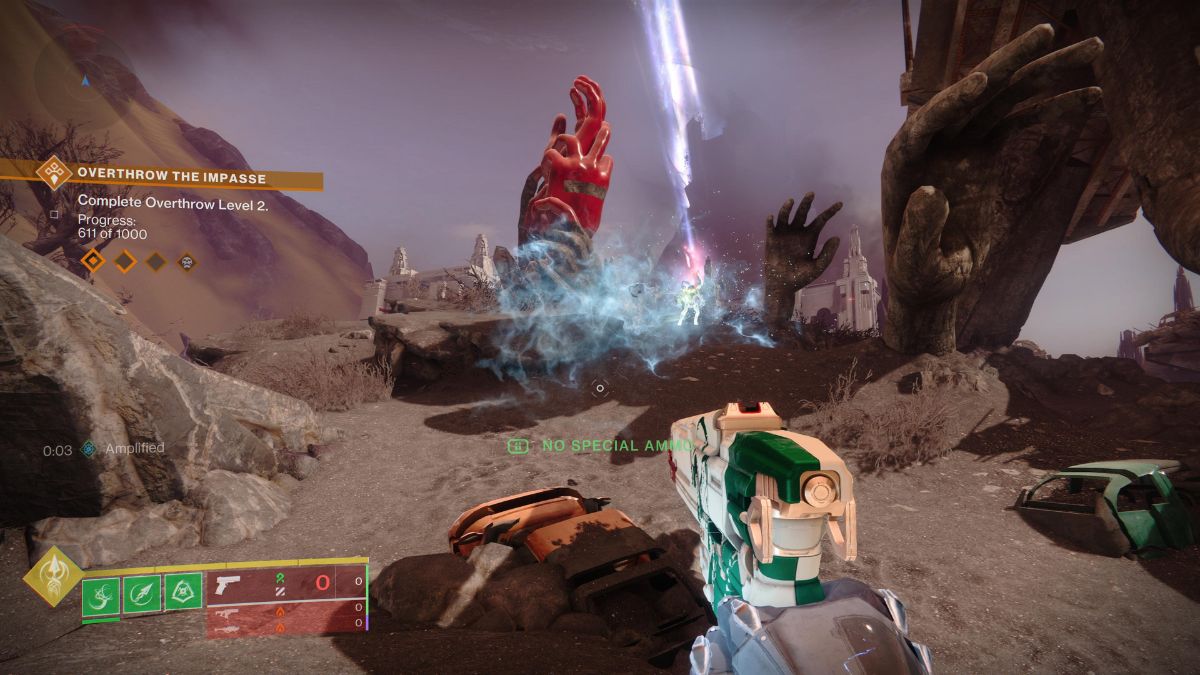
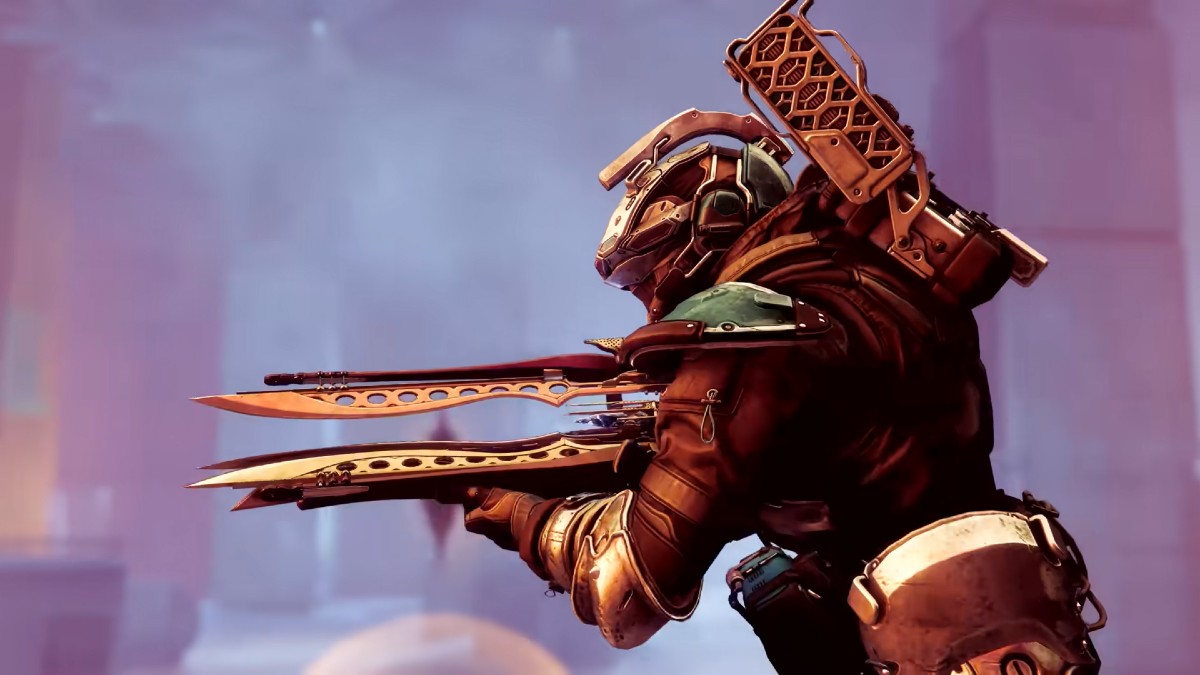

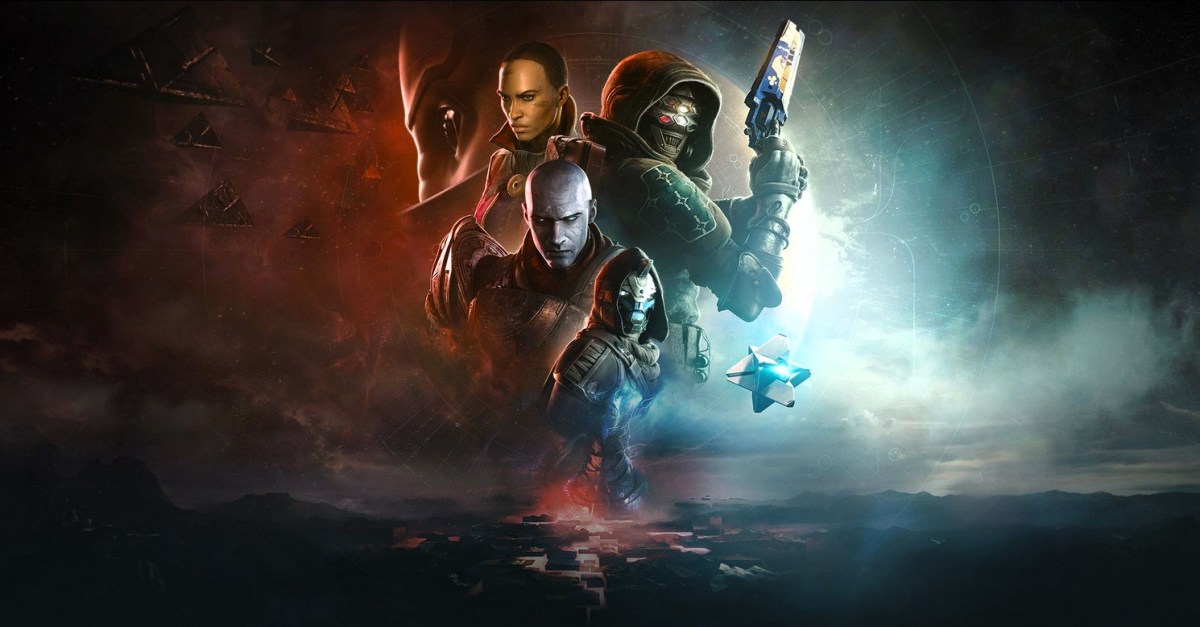
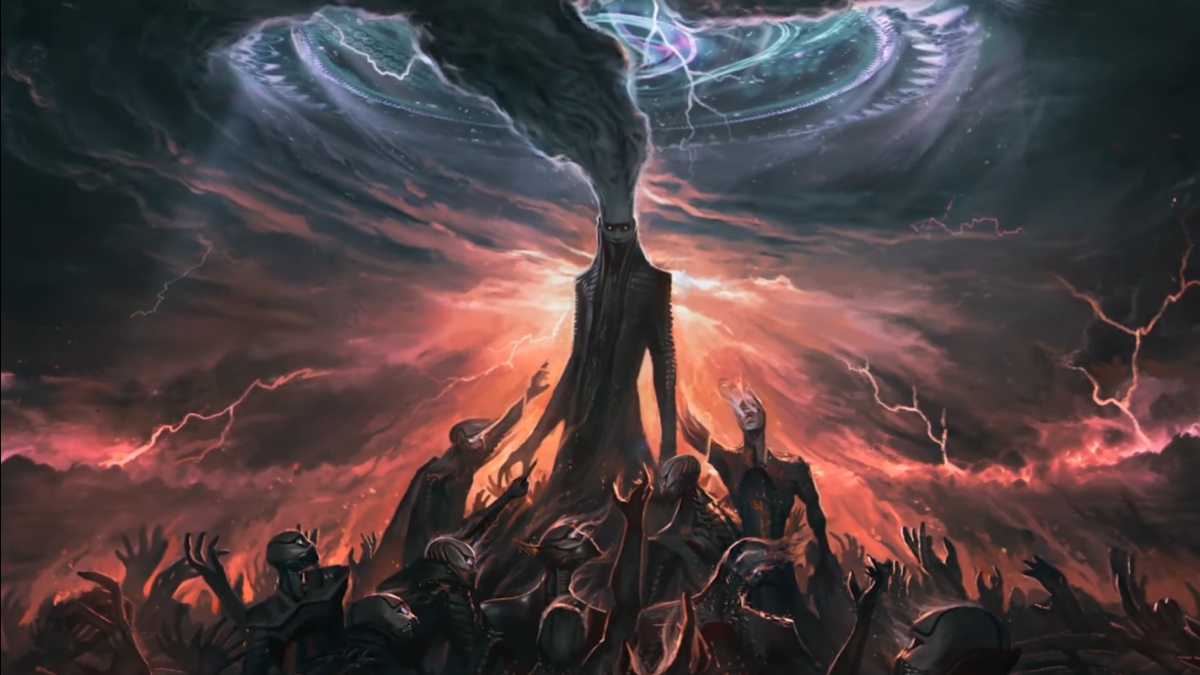

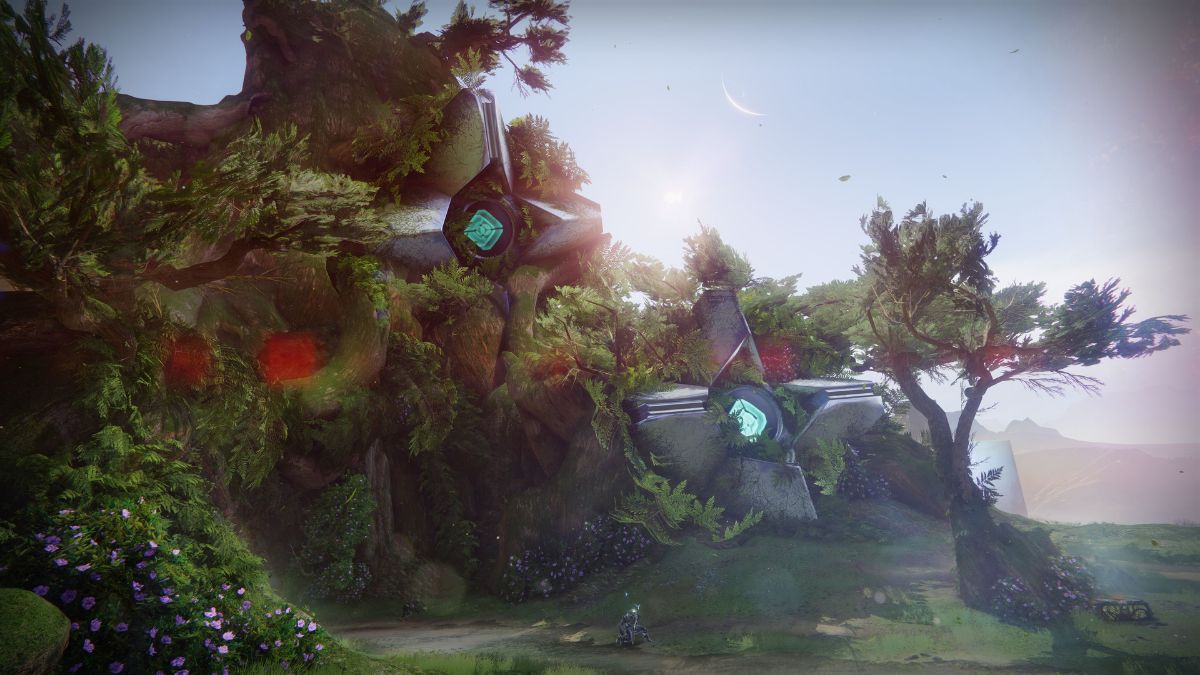

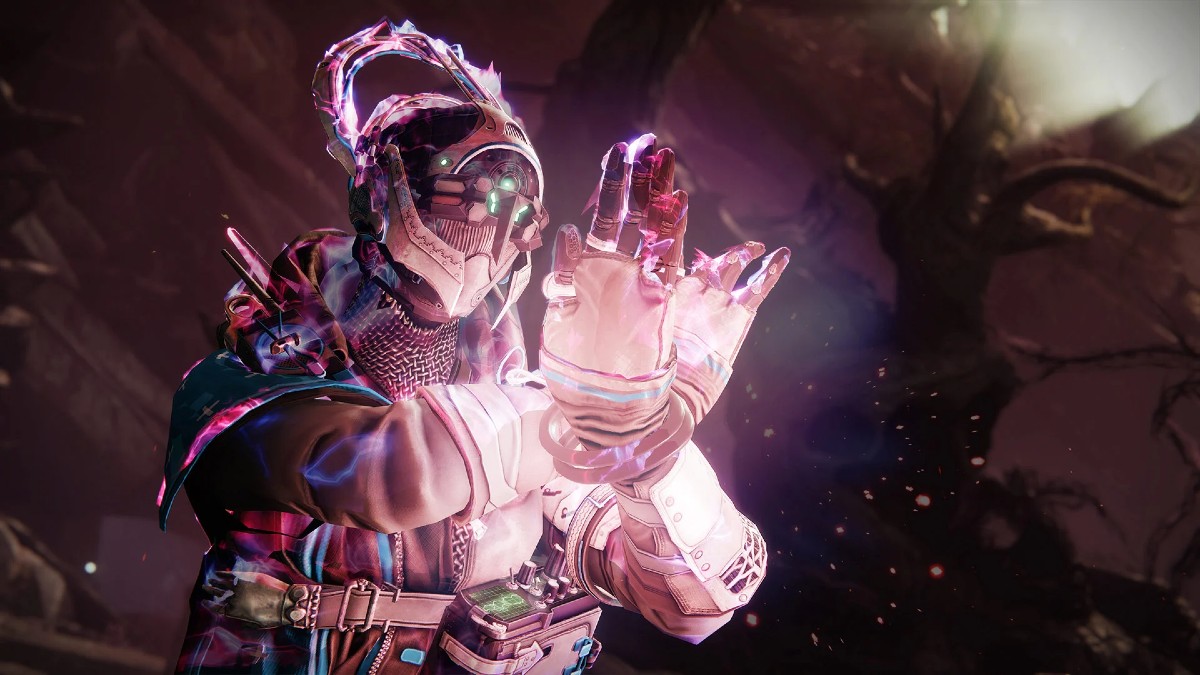
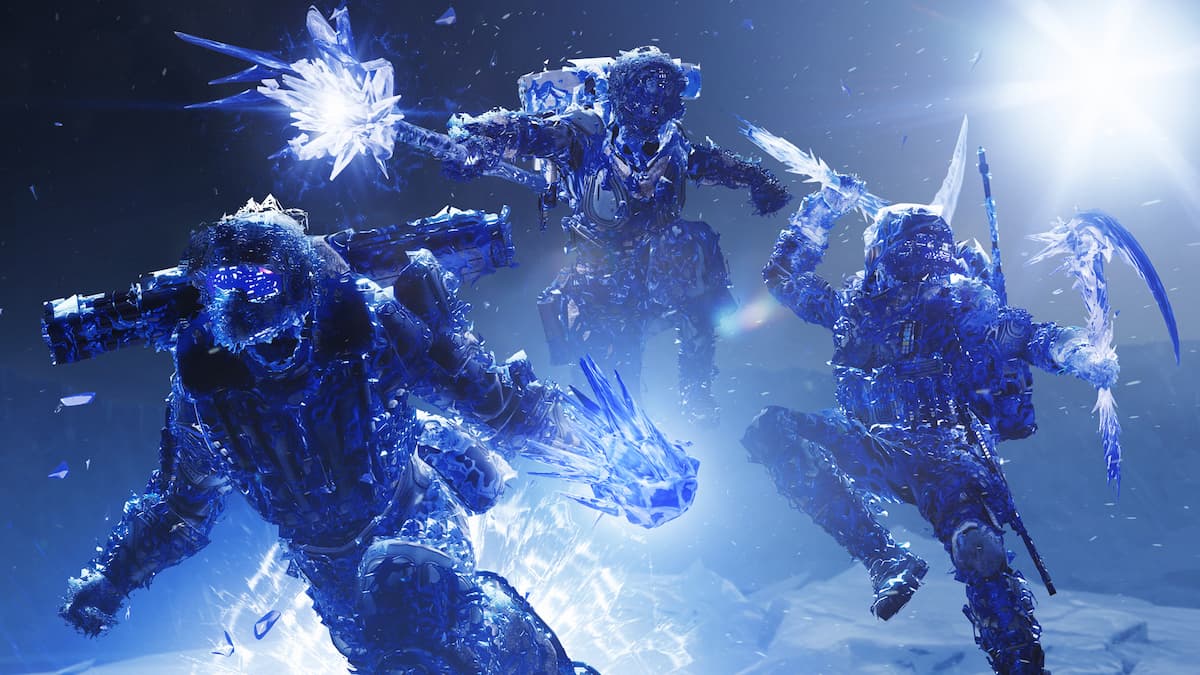

Updated: Oct 13, 2023 04:42 pm